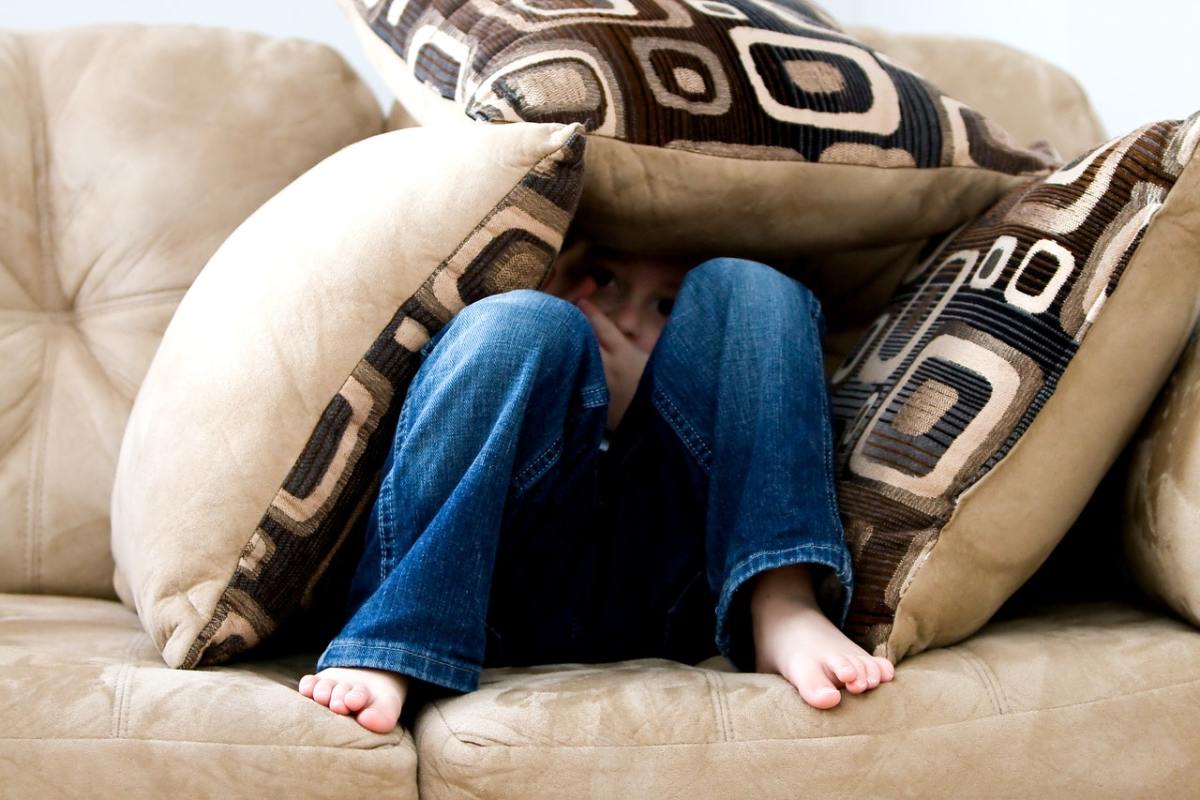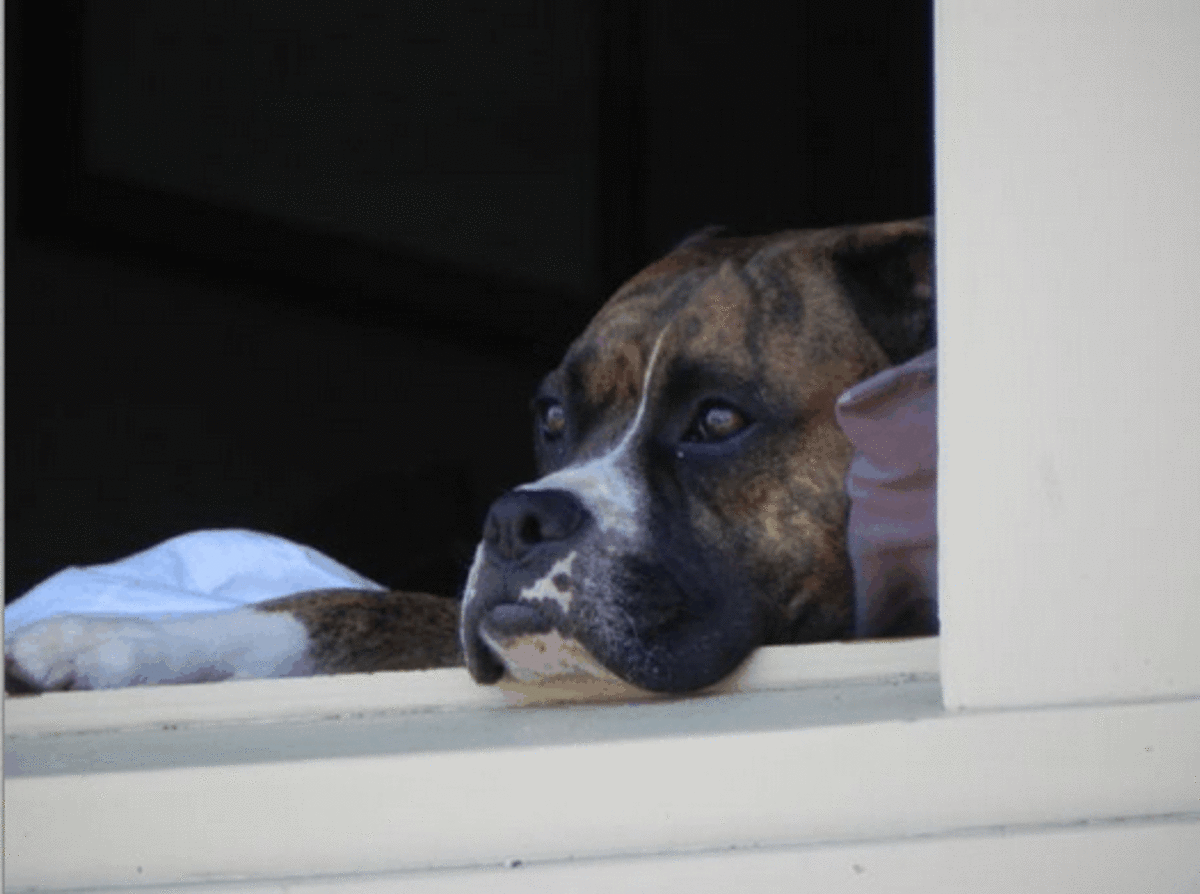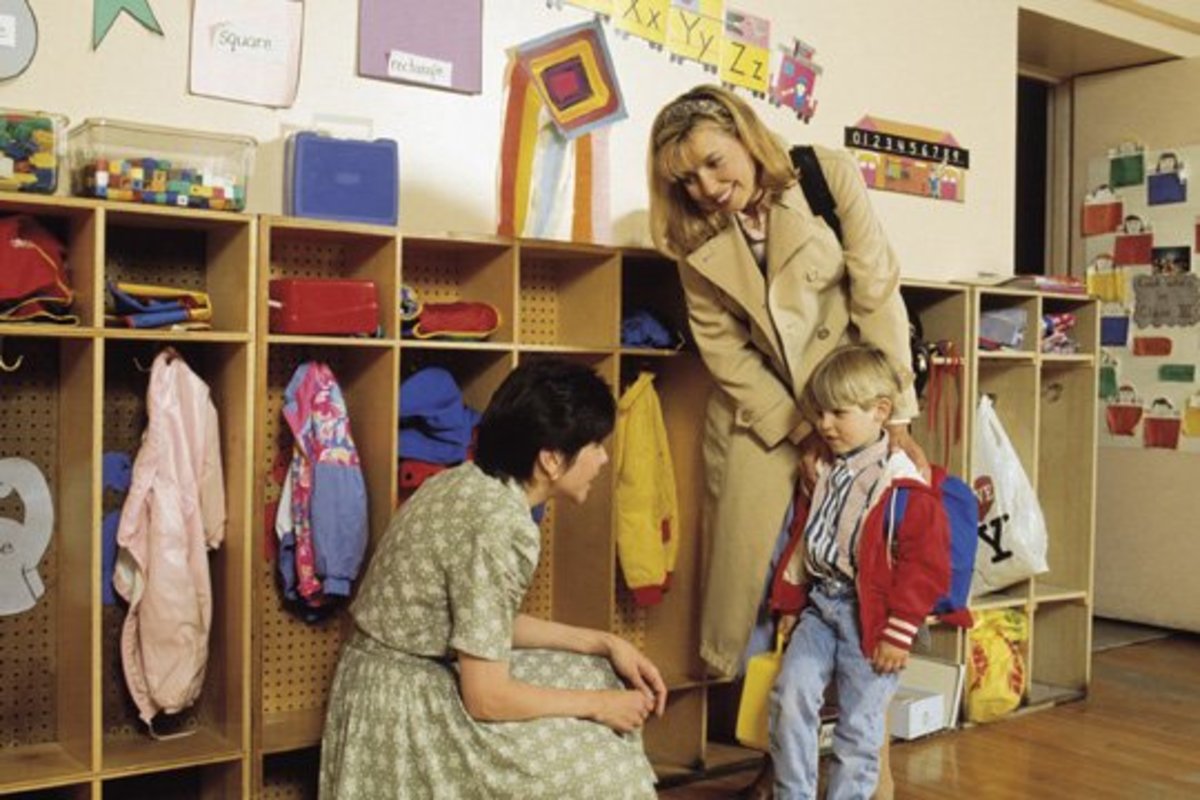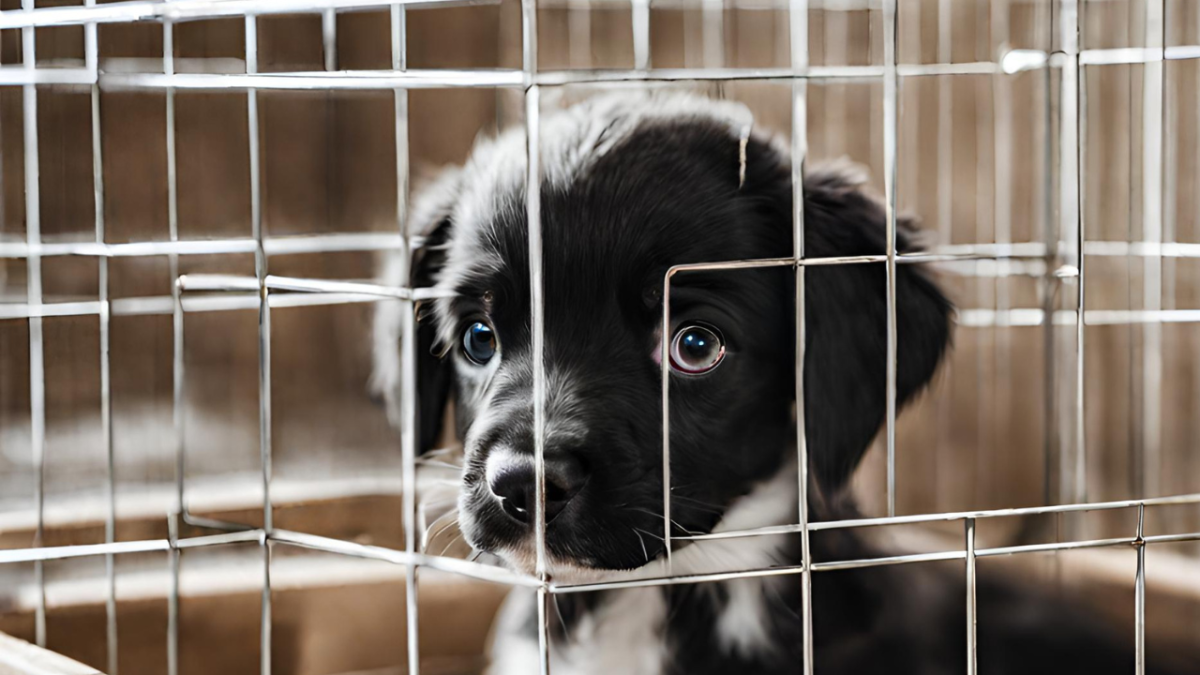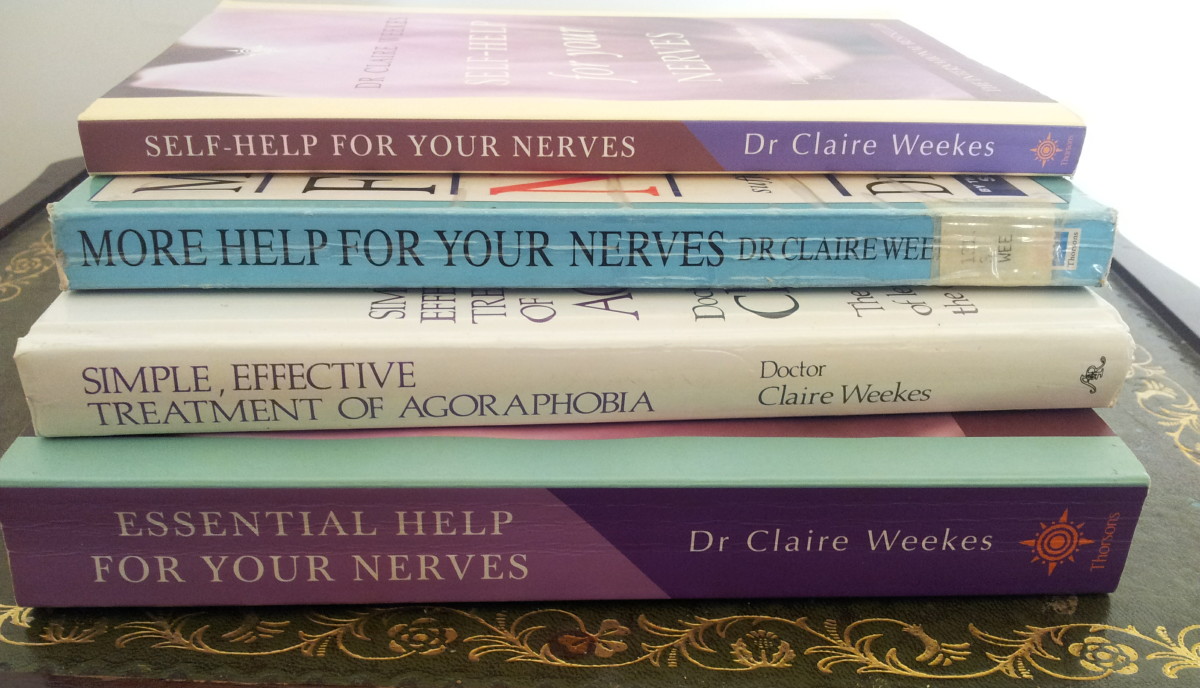- HubPages»
- Health»
- Mental Health»
- Anxiety Disorders
How to Eliminate Separation Anxiety in Small Children
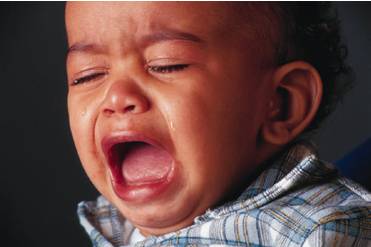
Anxiety is Normal
Many parents worry over an infant or child's so-called separation anxiety when they are left with caregivers. I wonder if it's not primarily a function of the adult's anxiety over leaving the child that they project or in some other way transfer to the child. Personally I have never experienced this with my own kids. You can take that fact as a reason to disregard my observations as coming from someone who hasn't a clue what she's talking about, or you can take my experience and possibly learn from it. That's your choice. I only offer my thoughts here.
Because I'm no expert, I did a little digging. Turns out there is something called separation anxiety disorder that occurs at all ages, but is more common in adults than in children. That is different than the run of the mill separation anxiety (no disorder) that is a healthy part of child development. So when does it become a disorder? I think it is a matter of degree.
Again, I'm no expert, but maybe our job as parents is to help little ones avoid crossing that line between anxious and disordered. How do we do that?
Steps For Eliminating Separation Anxiety:
1. Understand the problem - Babies begin to understand they are a different entity from a primary caregiver long before they are able to comprehend any concept of time. When you are gone, they have no idea that you'll ever be back. Until they learn. Put yourself in baby's place. It's troubling.
2. Accept the pain - So your baby is going to have to learn that when you go away, you come back. There is no book for that, no audio program, no correspondence course. There is only experience. You are going to have to accept the fact that your baby feels troubled. It's only by living through this pain that your child grows confident in your consistent return, and therefore in the goodness of the greater world.
3. Let them learn early - This lesson cannot be skipped. Unless you plan to home-school and never let your child attend a birthday party, they must learn separation. If you want to make your life easier, let your baby learn as soon as possible that Mommy (or Daddy, or whoever) always comes back.
4. Always say goodbye - Never ever, ever, I mean EVER sneak out on your child. I know this can seem the easy thing to do, especially if you have been in denial to the point where you didn't even read #3 and now the thought of your four-year-old screaming bloody murder makes you want to avoid the whole situation. Wrong! Remember, whether you intend to or not, you're teaching. So what does sneaking out tell the child? Hmm. I turn my back for one minute and she's gone! I'm sure that'll make for one trusting child. Not. Be honest, suck it up, say goodbye.
5. Make it quick - Okay so you're going to say goodbye every time. Make it short and sweet. Approach your child with confidence. Don't get sucked into the infantile fears that you're never coming back. Be the grown up - it's your job. A hug and a kiss and then out you go. Maybe throw in a tag line Mommy's coming back soon! It'll serve as your touchstone to get out and over time your child will identify it.
6. Take it slow - If #4 just makes you want to cringe, take heart. It gets better. You don't have to do it all at once. Practice at home. Maybe you could start with going to the bathroom all alone and work up to taking a hot bath by yourself. Pretty soon you'll be leaving your child with neighbors, then a preschool, and then before you know it, they're off at college and you can start dealing with your own disorders again!
By the way, don't delude yourself that the child is going on and on in your absence. This is true for a very small handful of children. Usually, if the caregiver is adequate, a few minutes after you're gone the child is happy again.

